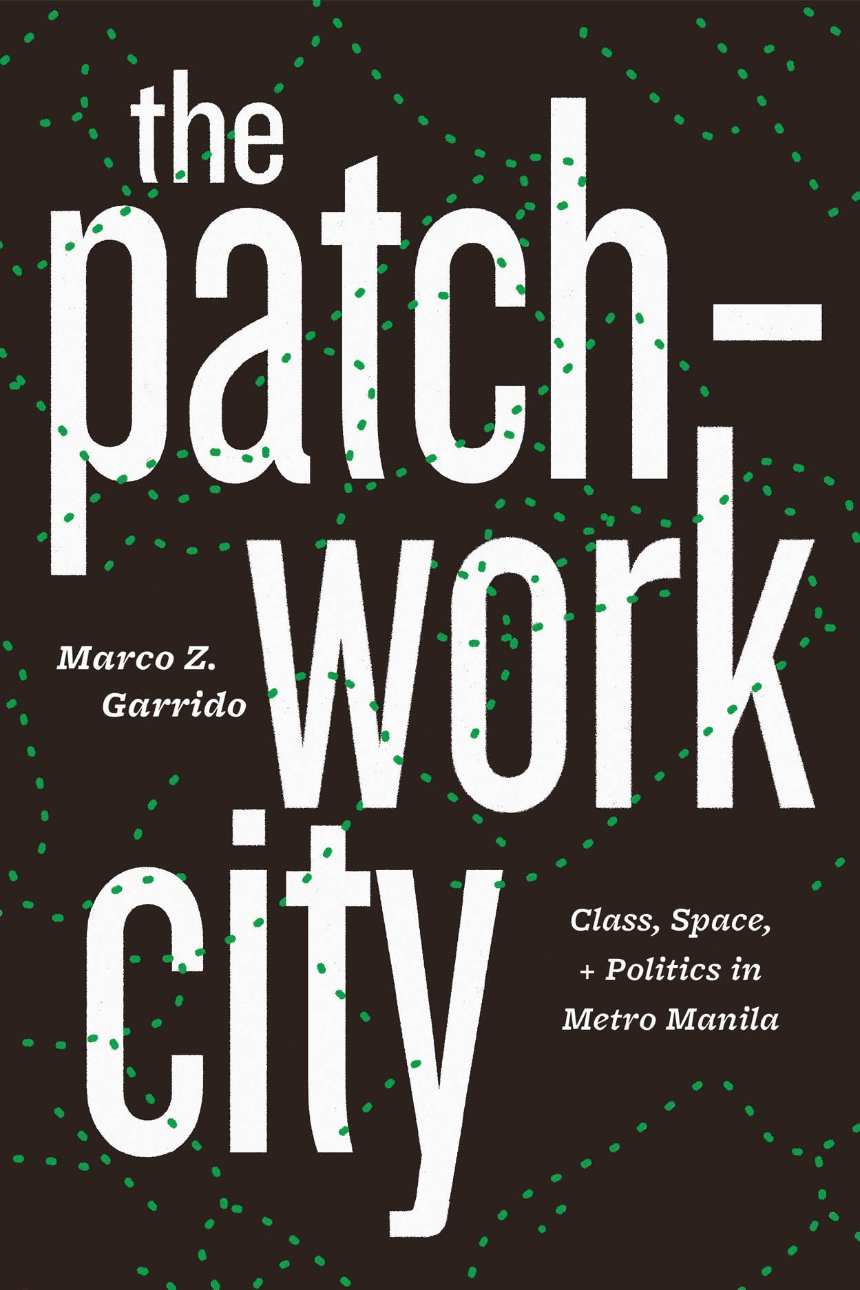The Patchwork City
Class, Space, and Politics in Metro Manila
The Patchwork City
Class, Space, and Politics in Metro Manila
Publication supported by the Bevington Fund
The Patchwork City illuminates how segregation, class relations, and democracy are all intensely connected. It makes clear, ultimately, that class as a social structure is as indispensable to the study of Manila—and of many other cities of the Global South—as race is to the study of American cities.
288 pages | 21 halftones, 3 line drawings, 16 tables | 6 x 9 | © 2019
Asian Studies: Southeast Asia and Australia
Political Science: Urban Politics
Sociology: Collective Behavior, Mass Communication, Individual, State and Society, Urban and Rural Sociology
Reviews
Table of Contents
Glossary
Introduction
1 The Stakes and Approach
2 The Argument
Part One. From Urban Fragmentation to Class Division
3 Interspersion
4 Imposing Boundaries: Villagers
5 Boundary Imposition: Squatters
Part Two. From Class Division to Political Dissensus
Introduction to Part Two
6 The Politics of Electoral Siege
7 The Politics of Recognition
8 Dissensus
Conclusion
Appendix: Selecting Cases and Getting Access
References
Index
Awards
Asia and Asian America section, American Sociological Association: Asia/Transnational Book Award
Won
ASA Global and Transnational Sociology Section: Best Scholarly Book Award
Won
ASA Political Sociology Section: Distinguished Contribution to Scholarship Book Award in Political Sociology
Won
ASA Community and Urban Sociology Section: Robert E. Park Award
Won
Society for the Study of Social Problems: SSSP Global Division Outstanding Book Award
Won
